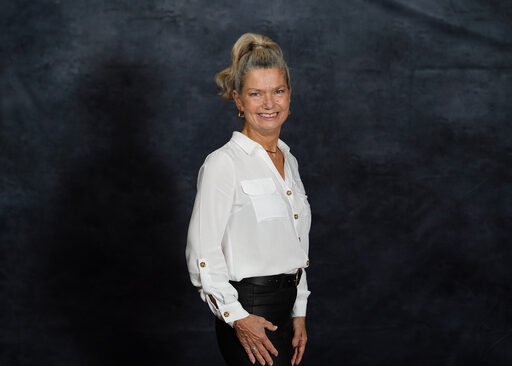In a landmark decision by the Intellectual Property Enterprise Court, Albright IP has successfully defended Liking Ltd against copyright infringement allegations made by WaterRower (UK) Ltd.
The ruling sets an important precedent for copyright protection of non-sculptural 3D objects, specifically clarifying the criteria for what constitutes “a work of artistic craftsmanship” under the Copyright, Designs and Patents Act 1988 (CDPA).
WaterRower argued that its water-resistance rowing machines qualified as works of artistic craftsmanship and were protected by copyright, alleging that Liking Ltd’s Topiom rowing machines infringed on this protection by reproducing key design elements.
Liking Ltd contended that the WaterRower machines did not meet the criteria for works of artistic craftsmanship and therefore were not eligible for copyright protection.
In his judgment, Judge Campbell Forsyth determined that WaterRower’s machines, including its prototypes, do not qualify as works of artistic craftsmanship under UK law, meaning no copyright applies to the machines.
This decision highlights the difference between UK and EU interpretations of copyright law, providing clearer guidelines in the UK for assessing copyright eligibility in functional 3D objects.
Albright IP Patent Director, Cloe Loo, who represented Liking Ltd, stated: “This judgment provides much-needed clarity in UK copyright law on what qualifies as a work of artistic craftsmanship. For a number of years, conflicting UK and EU case law has created uncertainty around copyright protection for 3D objects that aren’t sculptures. This ruling establishes that such objects must meet the test of artistic craftsmanship to qualify for copyright. It’s an important milestone for the IP sector.”
Loo explained that handling this case required unique skills, including coordination across time zones and languages to convey complex legal points to her client.
“Working closely with Liking Ltd required not only a robust IP strategy but also a deep understanding of their language and business culture. Communicating the nuances of UK copyright law in Chinese, for instance, was essential to ensure our client was fully informed and comfortable with each stage of the case,” she shared.
Albright IP’s Managing Director, Robert Games, commended Loo’s efforts: “We are immensely proud of Cloe. This was a challenging, multilingual case which was set to impact IP law. Cloe’s ability to build her team and manage these complexities in both English and Chinese is a testament to her commitment and expertise. This outcome is a notable achievement for Albright IP and highlights our team’s strength in high-stakes IP litigation.”
The ruling has significant implications for the IP industry, especially in relation to copyright eligibility for 3D functional objects. While it remains unclear if an appeal will be pursued, this case has already influenced how artistic craftsmanship is defined in UK copyright law.
Link to judgement in full: https://www.albright-ip.co.uk/wp-content/uploads/2024/11/WaterRower-v-Liking-2024-EWHC-2806-IPEC-Approved-Judgment-11-November-2024.pdf






